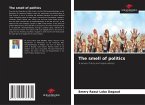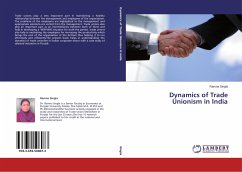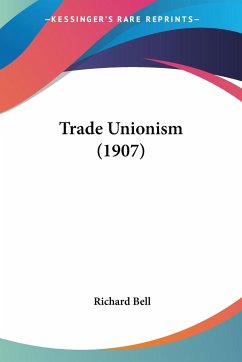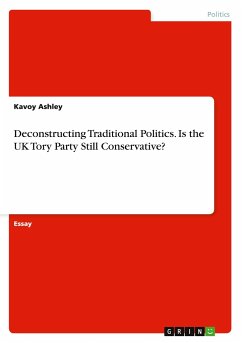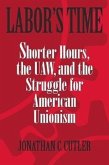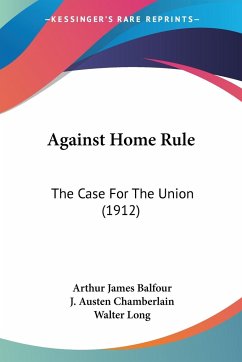By the end of the 1980s, the independent trade union movement in South Africa consolidated what Adler and Webster call radical reform' as a trade union strategy: building socialism using legal means of struggle and policy engagement through structures like NEDLAC. Labour set out to influence both the democratic transition and the shape of post apartheid South Africa. This book examines the limits, successes and failures of this strategy through a case study of the Chemical Workers Industrial Union (CWIU, 1987-1999). Drawing on original research and a wide literature on debates over trade union strategy, it argues that the union did not benefit from this strategy. It was unable to affect the direction of the chemical industry, or prevent retrenchments, outsourcing, privatisation and low salaries. Radical reform requires, in addition, a technocratic style of politics, based on expert negotiations and high level research leaving rank and file members as passive spectators Indeed, factors the union itself admits. The book then ends with an attempt to answer the puzzle for why the trade union movement, despite its admitted failures, persists with radical reform
Bitte wählen Sie Ihr Anliegen aus.
Rechnungen
Retourenschein anfordern
Bestellstatus
Storno


